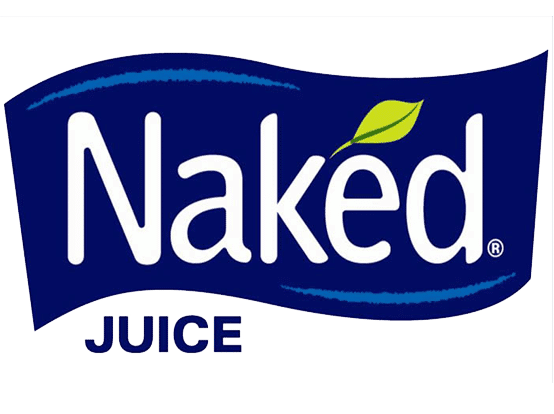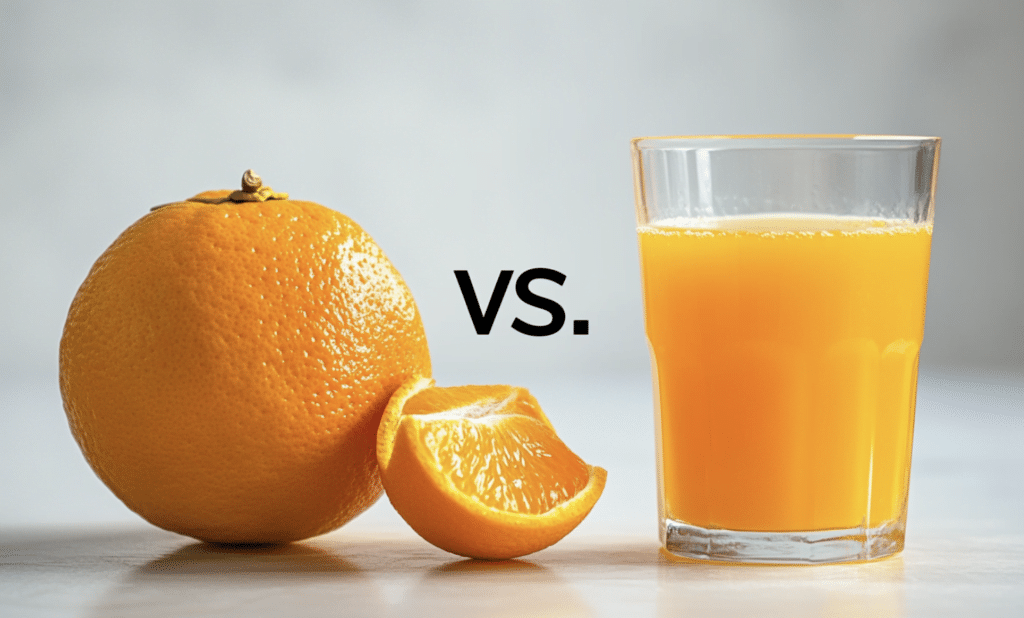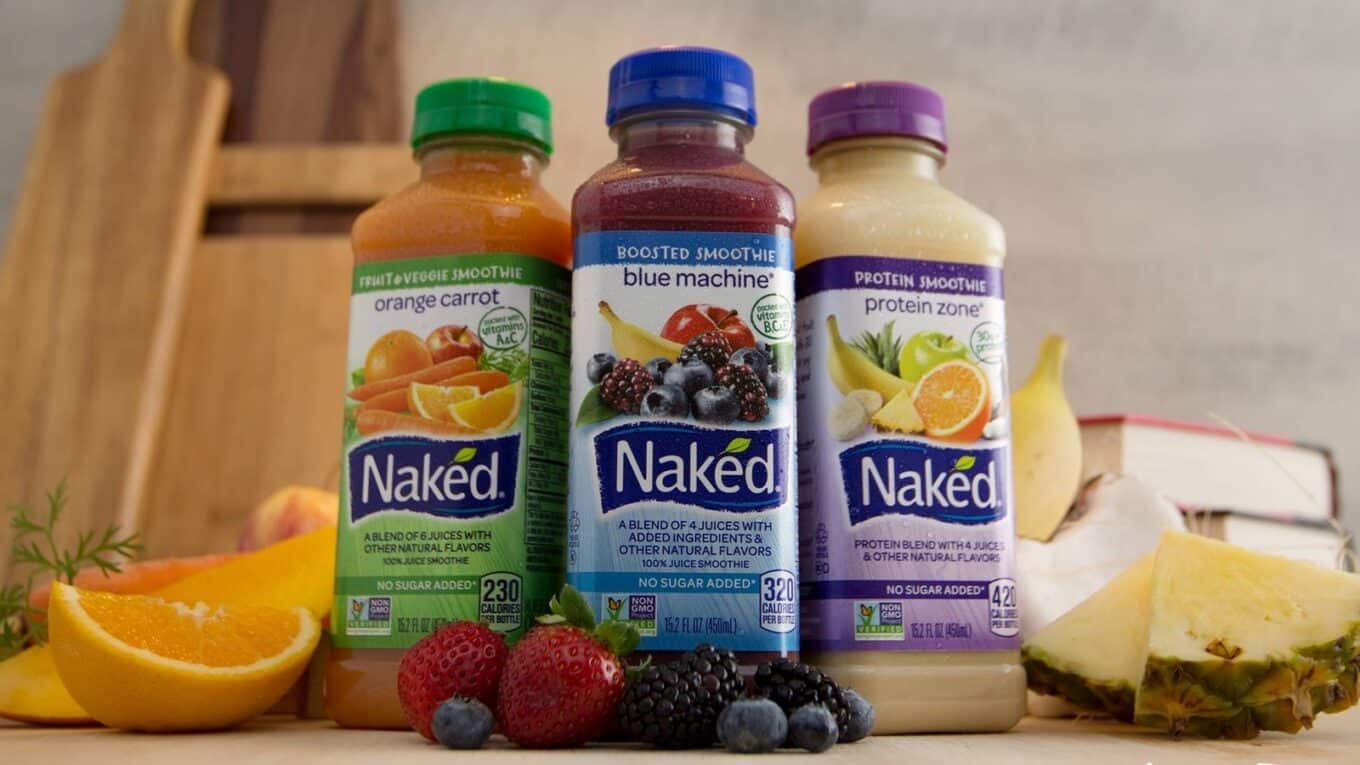Many people grab a bottle of Naked Juice, thinking they’re making a healthy choice. After all, it’s just fruit and vegetable juice, right?
Unfortunately, these drinks might not be as good for you as you think. While they offer some vitamins and minerals, they also have potential drawbacks that could affect your health.
This article will help you understand the impact of regularly drinking Naked Juice. We’ll explore its nutritional content, examine how it affects your body, and discuss why whole fruits and vegetables might be a better option.
By the end, you’ll know how to make informed decisions about including Naked Juice in your diet.
Key Risks of Regular Naked Juice Consumption
1. High Sugar Content
Naked Juice contains a lot of natural sugars from fruits. While these aren’t added sugars, they can still have negative effects when consumed in large amounts.
Health Risks
Too much sugar intake, even from natural sources, can lead to several health issues.
- Weight gain and obesity
- Increased risk of heart disease
- Higher chances of developing type 2 diabetes
- Dental problems due to sugar-feeding harmful oral bacteria
Sugar Quantity
A 450-ml bottle of naked juice can contain up to 53 grams of sugar, often exceeding the daily sugar limit recommended for adults.
Blood Sugar Impact
Despite being from fruit, this high sugar content can cause rapid spikes in blood sugar levels, which, over time, may lead to insulin resistance.
2. Low Fiber Content
Fiber plays several crucial roles in our body.
- Aids digestion and promotes regular bowel movements
- It helps control blood sugar levels by slowing sugar absorption
- Supports weight management by promoting feelings of fullness
- Feeds beneficial gut bacteria, supporting overall gut health
Whole fruits provide significantly more fiber than juices. For example, an apple provides about 4 grams of fiber, while apple juice might have less than 1 gram.
The lack of fiber means you might not feel as full after drinking juice as eating whole fruit, potentially leading to overconsumption of calories.
3. Potential Weight Gain
Regular consumption of Naked Juice can contribute to weight gain in several ways.
High-Calorie Content
Many Naked Juice varieties are calorie-dense. A single bottle can contain 200-300 calories, adding up quickly if consumed regularly.
Liquid Calories
Our bodies don’t register liquid calories like solid food. This means you might not feel as satisfied after drinking juice, leading to increased overall calorie intake.
Metabolic Impact
Some studies suggest that consuming large amounts of fructose (fruit sugar) in liquid form can:
- Decrease fat burning in the body
- Increase fat storage, especially around the abdomen
- Lower the body’s resting metabolic rate, meaning you burn fewer calories at rest
Appetite Regulation
The quick absorption of sugars from juice can lead to rapid rises and falls in blood sugar, which may increase hunger and lead to overeating later in the day.
4. Nutrient Imbalance
While Naked Juice does provide some vitamins and minerals, regular consumption as a replacement for whole fruits and vegetables can lead to nutrient imbalances.
Limited Nutrient Profile
Juices often lack the full range of nutrients in whole fruits and vegetables, including some beneficial plant compounds that may be lost in processing.
Overconsumption of Certain Nutrients
Regularly high intake of fruit juices can lead to excessive consumption of certain vitamins, which can have negative health effects in some cases.
Reduced Nutrient Absorption
Juice’s lack of fiber can impact the body’s ability to properly absorb and utilize some nutrients.
Understanding Naked Juice: Nutritional Content

1. Ingredients
Naked Juice products don’t have preservatives, added sugars, or artificial flavors. They’re mainly made from fruits and vegetables.
Each bottle tells you exactly what’s inside. For example, a Green Machine bottle lists apples, kiwis, and broccoli.
2. Supplements
Some naked juice drinks contain extra vitamins and health boosters. Some contain spirulina, a type of algae full of protein and vitamins. Others have added Vitamins C, A, B2, or B6 to make them more nutritious.
3. Nutritional Facts
A 450-ml serving of Green Machine has 270 calories, 63 grams of carbs, and 53 grams of natural sugar. It also gives you 4 grams of protein.
Other flavors can be different. For example, Blue Machine or Red Machine might have up to 320 calories and 76 grams of carbs in the same-sized bottle.
Potential Benefits of Naked Juice Consumption
Antioxidants
Antioxidants help protect your body from harm. They fight free radicals that can damage your cells.
Naked Juice, made from fruits and vegetables, has lots of antioxidants. These include vitamin C, E, beta-carotene, and other plant compounds.
Disease Prevention
Getting enough antioxidants might help lower your chances of getting some long-term health problems. These include heart disease, cancer, and brain diseases. Antioxidants work by:
- Protecting your cells from damage
- Reducing swelling in your body
- Helping your immune system work better
For example, vitamin C in Naked Juice helps keep your immune system strong. Beta-carotene, which your body turns into vitamin A, is good for your eyes and immune system.
The Bottom Line: Health Comparison
Juice vs. Whole Fruits

Whole fruits offer several advantages over juices like Naked Juice:
- Fiber Content: Whole fruits contain much more fiber than juices. This fiber is crucial for your health. It helps your digestive system work smoothly, makes you feel full longer, and prevents your blood sugar from rising too quickly after eating.
- Sugar Impact: While whole fruits and juices contain natural sugars, the fiber in whole fruits slows down how fast your body absorbs these sugars. This means you’re less likely to get a sudden spike in blood sugar when you eat whole fruit than when you drink juice.
- Nutritional Balance: Whole fruits provide a more complete package of nutrients. Vitamins and minerals contain beneficial plant compounds that might be lost or reduced during juicing. The fiber in whole fruits also helps your body absorb these nutrients more effectively.
- Satiety: You’re likely to feel more satisfied after eating whole fruit than after drinking the same amount of calories in juice. This can help with weight management.
Moderation Advice
If you enjoy Naked Juice, you don’t need to cut it out completely. However, it’s important to consume it wisely.
- Balanced Approach: View Naked Juice as an occasional treat rather than a daily staple. This way, you can enjoy its taste and get some nutrients without overexposure to its high sugar content.
- Portion Control: When you do drink Naked Juice, stick to small servings. Consider dividing a bottle into two or three portions instead of drinking it all at once. This helps limit your sugar intake.
- Complementary Diet: If you’re having Naked Juice, balance it with plenty of whole fruits and vegetables. This ensures you’re getting enough fiber and a wider range of nutrients.
- Healthy Alternatives: Make your smoothies at home instead of using pre-made juices. Use whole fruits and add some vegetables for extra nutrients. Blending instead of juicing keeps the fiber intact, which helps slow down sugar absorption and provides other health benefits.
- Time of Consumption: If you drink Naked Juice, consider having it with a meal containing protein and healthy fats. This can help slow down the absorption of sugars and reduce the impact on your blood sugar levels.
- Read Labels: Be aware of the sugar content in different Naked Juice varieties. Some have more sugar than others, so choose wisely based on your health goals.
Conclusion
While Naked Juice offers some nutritional benefits, it’s important to understand its potential risks. The high sugar content and lack of fiber can impact your health if consumed regularly.
Remember, whole fruits and vegetables are often better, providing more fiber and a balanced nutrient profile.
So, what’s next? If you enjoy Naked Juice, consider it an occasional treat rather than a daily habit. Try these steps:
- Limit your portion sizes
- Pair it with protein-rich foods to slow sugar absorption
- Experiment with homemade smoothies using whole fruits
By making informed choices, you can enjoy the taste of fruit-based drinks while maintaining a balanced diet. What’s your experience with Naked Juice?
Share your thoughts in the comments below, and let’s discuss healthier ways to enjoy fruity beverages!




